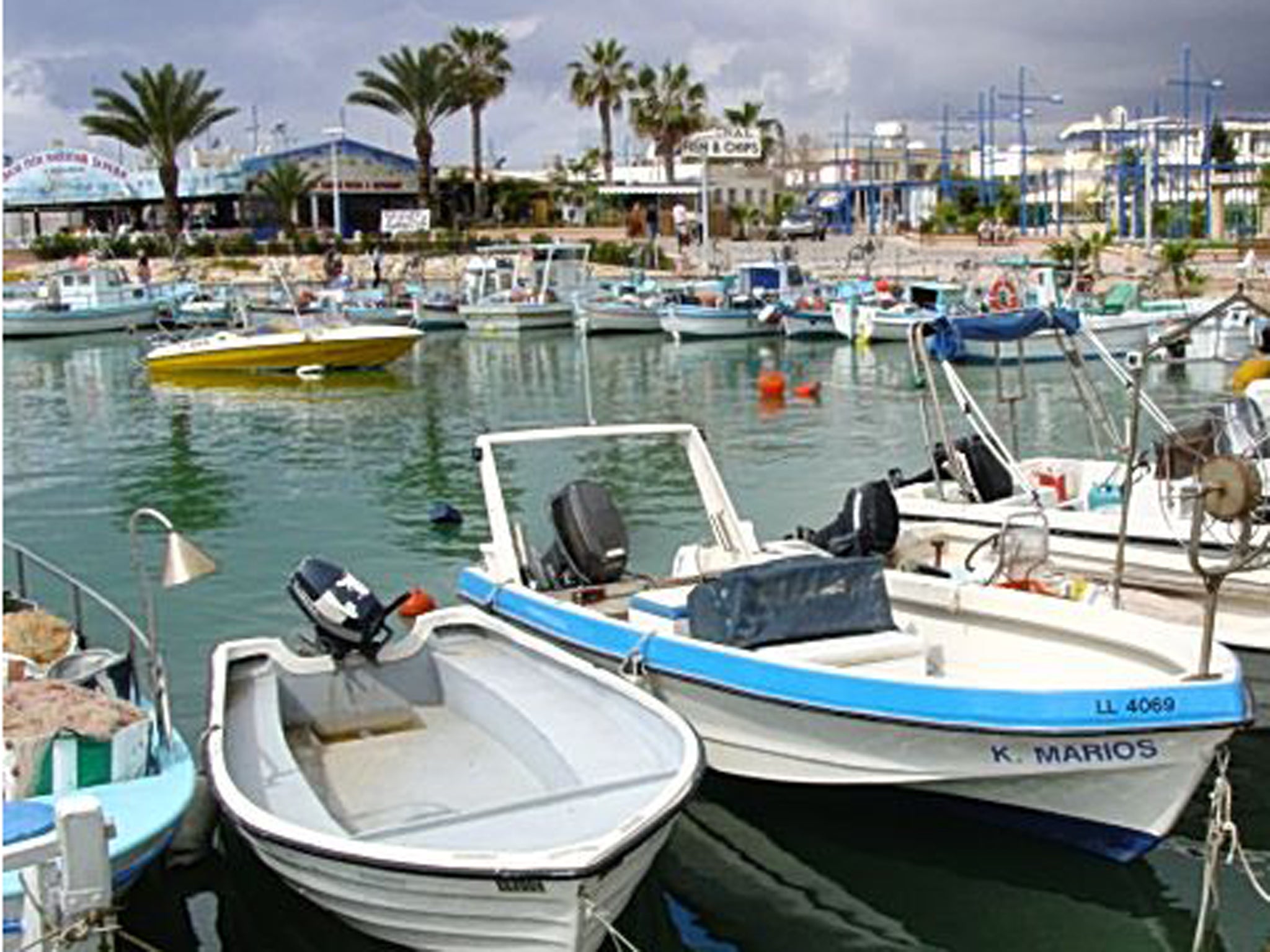Simon Calder: Book Ayia Napa, get Armageddon?
The man who pays his way

President Obama said this week, "The international community's credibility is on the line" over a response to last month's horrific chemical weapons attack in Syria. To say, "Well, my holiday is on a bit of a knife-edge, too" might sound glib in the extreme. But this weekend, as US politicians prepare to vote on a missile attack against President Assad's regime, thousands of British travellers are getting ready to fly to Cyprus.
September is an ideal month to visit the island where, legend has it, Aphrodite was born. The crowds have diminished. So have the extreme temperatures of July and August, while the Mediterranean is at its most benign as it laps against the island's beaches. This September, though, prospective visitors who glance at the map will note that Cyprus is the closest EU territory to Syria. Just 70 miles of Mediterranean separate the island's Karpass Peninsula from the Syrian port of Latakia.
"We are scheduled to fly to Cyprus on Tuesday morning, less than 24 hours after Congress takes a view about attacking Syria," says one concerned correspondent. "I wonder what the policy is of the airlines to fly in these circumstances? I don't doubt that they will have safety as their priority, but it's so unpredictable."
You can see his point. Larnaca, the main airport for Cyprus, is less than 200 miles from the Syrian capital, Damascus. Eleven years ago this month, the British public were being warned that another despicable regime, a little further east, was targeting weapons of mass destruction on "the UK sovereign base areas in Cyprus" – the two British military enclaves on the south coast.
Chemical and biological weapons, we were assured, could be launched at Cyprus in the time it takes to enjoy a light lunch at the Harbour restaurant on the seafront at Paphos.
The Iraq dossier was a tapestry of terror. It had the effect of taking Britain into what turned out to be a botched invasion with appalling consequences. But one enduring dimension of the web of mistruths has been to align Cyprus, Greece and Turkey as the frontline of retaliation by murderous Middle East tyrants. Which, if you are heading for the eastern Mediterranean this month, may not be a comfortable prospect.
When a holiday becomes a burden
"We are going to Coral Bay in Cyprus for a week on 14 September," says another traveller. "Will it be safe with all the trouble in Syria?"
The honest answer is: I don't know. I would, however, happily travel to the island next Saturday. Coral Bay in the west is about as far from Syria as it is possible to be in Cyprus. Yet I would feel equally confident about visiting the east end. My main concern would not be rocket attacks from Syria, but local driving standards; the death toll on the roads of Cyprus is three times the rate in the UK. I have every sympathy, though, with people who planned a holiday in Ayia Napa but now fear they may be booked to a destination that you don't find on TripAdvisor: Armageddon. For some, the sweet anticipation of a late-summer holiday has been driven out by a growing sense of unease.
Anyone now disinclined to travel to Cyprus, Greece or Turkey will discover that they have few rights. Most holiday companies are sticking to their standard terms, which stipulate that short-notice cancellations involve the loss of some or all of the money paid. One possible solution for those who are booked on "proper" package holidays is to pass the trip on to friends or family who take a more carefree attitude. But if that is not feasible, the prospective traveller can only watch and wait. It is most unlikely that the Foreign Office will counsel against travel to these friendly eastern Mediterranean countries. Only if the FCO did so would holiday firms be obliged to give a full refund or an alternative trip – and then only on packages. Those with DIY holidays are, once again, on their own.
Airlines offer their own no-fly zones
The airlines, meanwhile, are preparing for something only a short way from financial Armageddon. Trouble in the Middle East implies a spike in oil prices. Missile attacks imply closure of airspace, which in turn implies more circuitous journeys, increasing fuel consumption and multiplying missed connections.
I cannot see any destinations from the UK on which the most direct route involves flying over Syrian airspace. But displaced aircraft competing for slots could have knock-on disruption for British planes and passengers heading for the Indian Ocean and the Far East. During the first Gulf War in 1991, some passengers between the UK and Australia found themselves routed via Kenya to avoid the Middle East.
Given the financial pain that carriers are feeling, it is all the more to the credit of our two biggest airlines that they are giving flexibility to travellers heading for this troubled corner. BA says that anyone booked to travel to Beirut in the next few days can delay the trip or switch to an alternative destination without penalty, while easyJet is offering passengers booked imminently to Sharm el Sheikh and Hurghada in Egypt the option to switch destination free of charge. That's to a destination served by easyJet, of course, just in case you are tempted simply to head for the Axis of Eastbourne, embracing Hastings and Bexhill-on-Sea.
Join our commenting forum
Join thought-provoking conversations, follow other Independent readers and see their replies
Comments
Bookmark popover
Removed from bookmarks